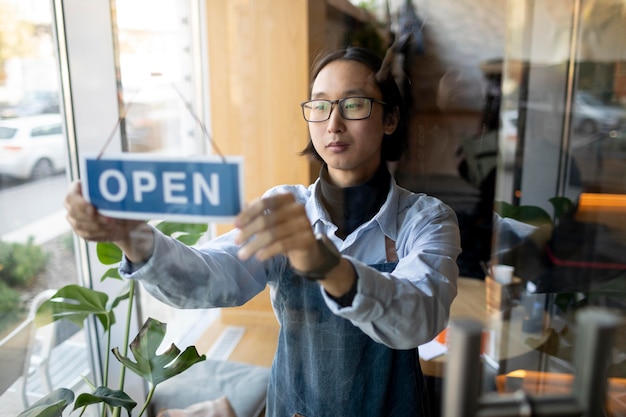
Sign up for our daily and weekly newsletters to get the latest updates and exclusive content on the cutting edge of AI.
OpenAI, the AI company famous for ChatGPT, has just revealed its new official board of directors. This comes after a tumultuous two weeks in which co-founder Sam Altman was abruptly fired and then reinstated as CEO, causing shockwaves in the AI industry and nearly leading to a mass employee exodus.
Microsoft, a close partner and major investor in OpenAI, will join the board as a non-voting observer, marking a renewed collaboration between the two tech giants.
The new board currently has three members: Bret Taylor, the president and COO of Salesforce, who will serve as the chairman; Larry Summers, a former U.S. Treasury Secretary and Harvard professor; and Adam D’Angelo, the co-founder and CEO of Quora and the sole holdover from the previous board.
Interestingly, the new board does not include any women, unlike the previous board which had two female members: Helen Toner from the Center for a New American Security, and technology entrepreneur Tasha McCauley. Both were removed following Altman’s return. Previously on the board was Shivon Zilis, the director of Neuralink, who stepped down earlier this year. Another former member was Sue Yoon, a former finance officer now with Google, who served from September 2018 to November 2019.
Altman acknowledged in his letter that the current all-male board will strive to build a board with diverse perspectives.
The recent announcement followed a series of dramatic events that began on November 18, just before Thanksgiving. The previous board, minus Altman and OpenAI president Greg Brockman, abruptly dismissed Altman, citing a lack of candor and confidence in his leadership. This shocked Altman, who had co-founded OpenAI in 2015 and transformed it from a non-profit research lab into a renowned commercial startup.
In response, Microsoft hired Altman and Brockman to lead its new advanced AI research team. This move was quickly met with support from OpenAI employees, with over 500 of them threatening to resign unless Altman was reinstated and the board stepped down. They accused the board of betraying OpenAI’s vision and jeopardizing its future and demanded an independent investigation into Altman’s dismissal.
The new board faces significant challenges as they take charge of one of the most influential AI companies globally. They need to advance AI research while ensuring safety, accountability, and transparency. They also face pressure to increase diversity and female representation on the board. Additionally, they must navigate competition from other major AI players and address regulatory and policy issues impacting the AI sector.
A rumor has also circulated internally about OpenAI making potentially dangerous progress toward artificial general intelligence (AGI) with a model known as Q (Q star). Concerns over AI superintelligence posing existential risks to humanity may have been a factor in Altman’s initial firing.
This chain of events is seen as a peak Silicon Valley drama. New board chairman Bret Taylor sought to present the reorganization as a show of unity, praising Altman and other founders for coming together to lead the company forward. Altman and other executives expressed their enthusiasm for being back at work, reinforcing the message of solidarity.
Altman also addressed potential conflicts of interest due to Adam D’Angelo’s continued involvement with OpenAI, given his role at Quora, which offers a chatbot creation service rivalling OpenAI’s GPT Builder.
OpenAI has a unique organizational structure, combining a non-profit foundation and a capped-profit subsidiary. The non-profit foundation controls the mission and governance, while the for-profit subsidiary can raise capital and hire talent, bound by a cap on returns. This hybrid model aims to balance funding and talent needs with a commitment to the public good but also creates potential conflicts.
The new board has significant work ahead but also has the opportunity to make a lasting positive impact on the world. The fate of OpenAI, and possibly AI as a whole, may depend on their decisions. Tonight’s announcement marks a first step in rebuilding trust and confidence within the AI community and the public.